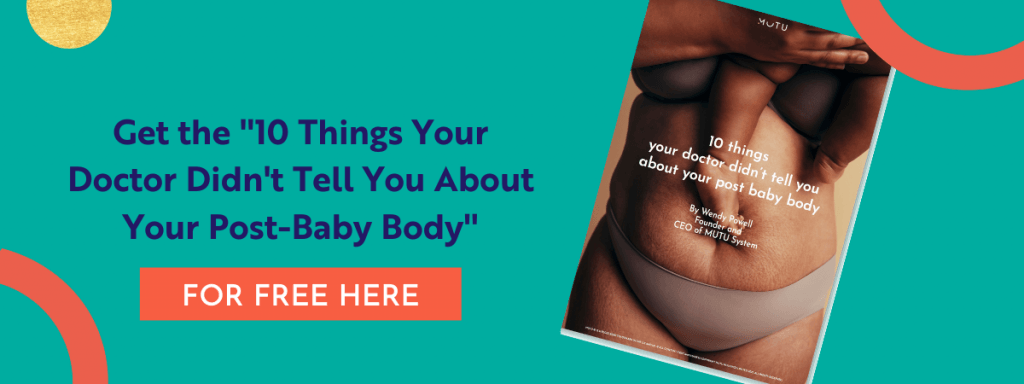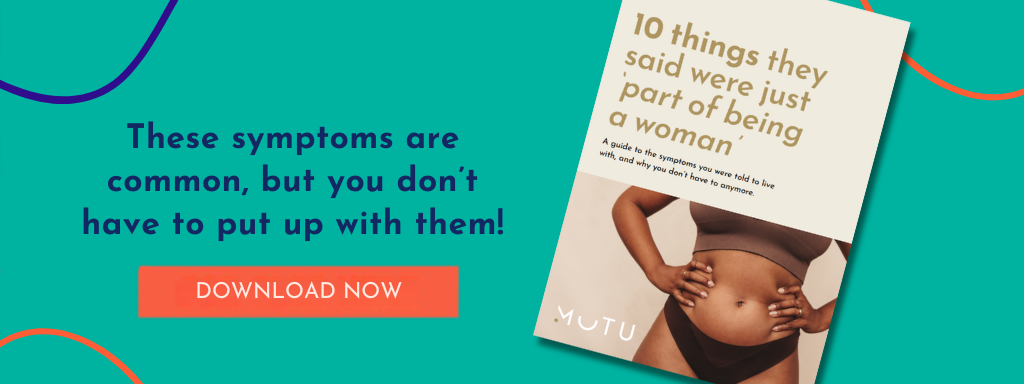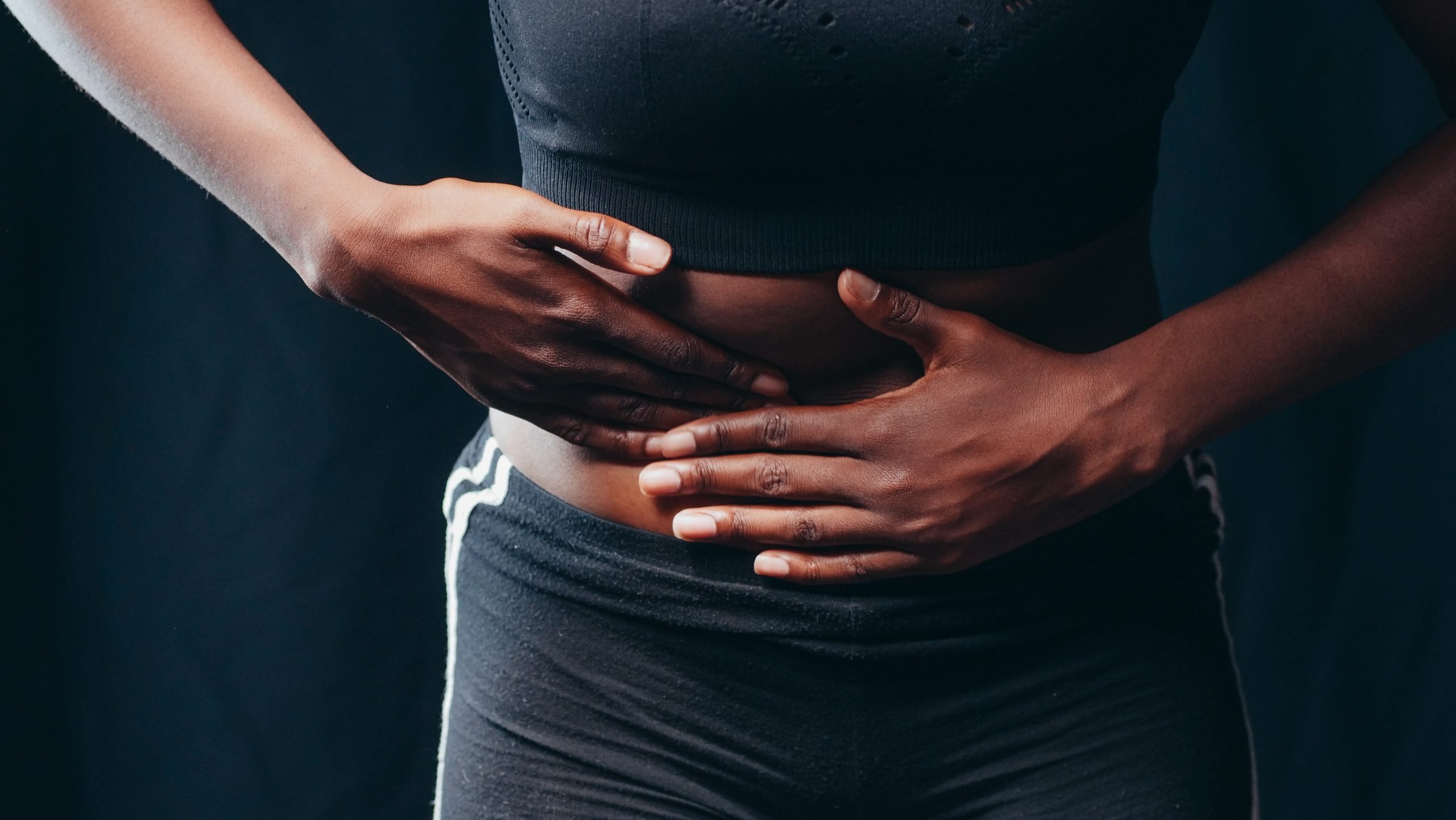How are hormones and postpartum fat loss connected?
Eat less, move more, and you’ll lose your baby weight, they say. It’s missing something. ‘Calories in, calories out’ are not the only factor in determining fat loss, especially fat loss from around your waistline. Your hormones and postpartum fat loss are connected. Your hormones, your stress levels and how much sleep you’re getting are contributing to the fat around your belly too. Here’s 6 ways to balance yours!
Fat is an essential part of our diet. Increasing your intake of essential FATS and dramatically decreasing the amount of sugar you eat, are important factors in determining belly fat. All calories are not created equal.
But that’s not all. Hormones and lack of sleep – (so, being a mum then!) – can encourage our bodies to store more fat around our middle.

Your hormone balance determines how you store fat
Not hours on the treadmill, or whether your sweet treats are organic or not, but hormones. Sugar in our diet (and remember this isn’t just the obvious sugar, but all refined carbohydrates like bread, pasta or processed foods as well) increases the insulin in our body, and it is insulin which makes us more likely to store fat, not burn it.
Another important hormone in fat storage, and particularly on fat storage around your waist, is the hormone Cortisol. Cortisol decreases muscle mass and encourages belly fat storage. It is caused by… STRESS!! Not just emotional, or mental stress (something many mums deal with on a constant and daily basis) but also physical, or body stress. Our bodies become stressed when we give then too much sugar or caffeine, when we’re not taking care of ourselves, or we don’t get enough sleep. All these factors will increase cortisol levels, and therefore, tummy fat.
Hormones, postpartum fat loss and lack of sleep
Lack of sleep is a big factor affecting cortisol levels and unbalancing our hormones. The less sleep you have, and the later you go to sleep, the higher your levels of cortisol in the morning.
As mums we are busy, overwhelmed and surviving on a few hours sleep a night. It’s inevitable our hormones are in overdrive.
Of course we all know that the sleep part often can’t be helped. That’s just the reality of parenthood. And the stress part isn’t always contain-able. But there are lifestyle changes, as well as diet and exercise changes, that we can make, which will have a dramatic effect on our body’s predisposition to hang onto fat around the middle.
Here’s some ways you can start to re-balance your hormones, within the reality of being mum.
Hormone balancing food
That’s Food, as in MUTU Food. Not Calories or ‘Diet’
- Eat mostly vegetables, followed by protein, with the smallest portion being starches or grains. Protein increases levels of other hormones (namely HGH and testosterone) which counteract the insulin spikes and bring levels down. Your plate should have portion sizes in the above order of size: biggest: vegetables; middle: protein; smallest: starches or carbohydrates.
- Get your essential fats from fish oils, seeds , olive and other unprocessed oils, flax, oily fish or supplements. Omega 3’s will also help balance your hormones and reduce fat around your waistline

Hormone balancing exercise
- If you’re ready to workout then high intensity, interval based workouts are more effective and efficient at burning fat and reducing fat storage than medium or long cardio sessions.
- Your workouts should include resistance training. Resistance training means using weights, but you don’t necessarily need dumbbells. Moves like squats, lunges and push ups are resistance training, with your body as the weight. Resistance training is essential to balance your hormones in a way that will increase lean muscles mass and decrease fat storage around your waistline.
Hormone balancing your lifestyle
- ‘Get more sleep’. My daughter didn’t sleep more than 4 hours in one go until she was 5 months old (I might be an exercise ‘expert’… but I’m not a parenting one). We have to take what we can get. But there are some nights when the TV could be sacrificed and you could grab an extra hour or so. If you have a small baby, that advice to ‘sleep when the baby sleeps’ really does make sense! We all do it: ‘well I’m up now / the washing needs doing / I’ll just do X or Y’ But sometimes, just… don’t. Lie down and close your eyes instead.
- Try, try try to reduce the emotional stress in your life. Take a leaf out of my favourite life coach Dolly’s (yes, as in Parton) book and ‘Don’t sweat the small stuff’. This is a really old blog by the wonderful Glennon Doyle but it’s still perfect. Don’t Carpe Diem . Run a bath. Do some yoga, even if its only for 5 minutes. You’re doing great at this motherhood thing. Seriously. You’re doing JUST FINE. And you’re allowed a moment.












